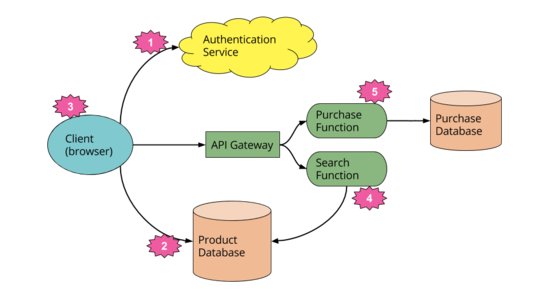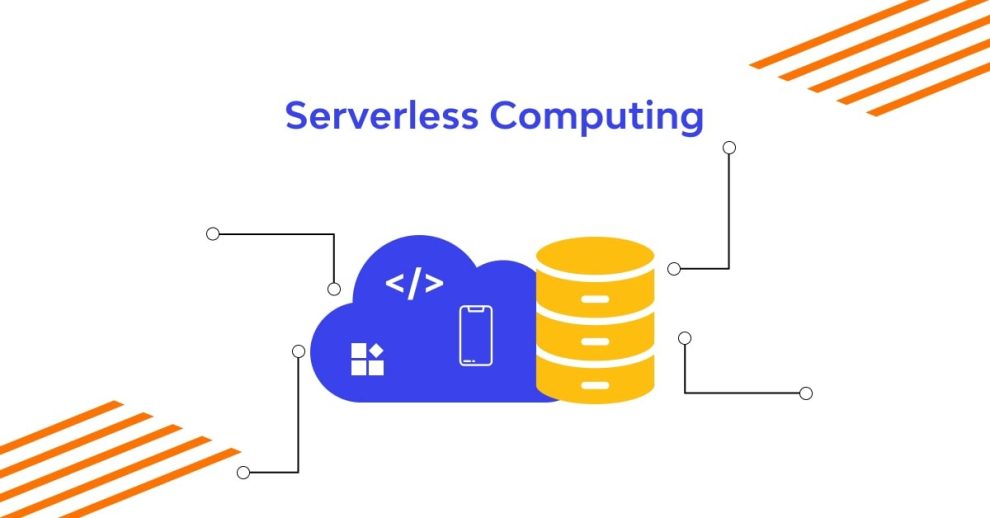In the realm of software development, where time equals money and agility reigns supreme, serverless computing has emerged as a revolutionary force. Forget the cumbersome days of managing servers, patching software, and scaling infrastructure – serverless empowers you to focus on building applications, not infrastructure, with its Function-as-a-Service (FaaS) approach. And boy, is it taking off!
Why the Serverless Hype?
The benefits of serverless are as clear as a sunny day:
- Rapid Development: Focus on writing code, not managing servers. Deploy functions instantly and update them effortlessly, accelerating development cycles.
- Cost-Effectiveness: Pay only for the resources your code uses, eliminating idle server costs and optimizing your expenditure.
- Scalability Nirvana: Your applications automatically scale up and down based on demand, ensuring smooth performance at any traffic level.
- Global Reach: Deploy your functions in geographically distributed regions for low latency and improved user experience.
- Microservices Playground: Serverless is perfect for building modular, event-driven architectures, promoting easier development and maintenance.
The Serverless Symphony: Players and Platforms
The serverless stage is buzzing with major players:
- AWS Lambda: The pioneer, offering a mature and robust platform with extensive services and integrations.
- Azure Functions: Microsoft’s answer, gaining momentum with its hybrid cloud capabilities and serverless offerings on the edge.
- Google Cloud Functions: A strong contender, known for its ease of use and tight integration with other Google Cloud services.
- OpenFaaS: An open-source platform, allowing you to create your own serverless environment anywhere you wish.
Challenges to Navigate: The Stormy Clouds of Serverless
Like any good adventure, serverless has its hurdles:
- Vendor Lock-in: Be mindful of potential lock-in to specific cloud providers, hindering cross-cloud portability.
- Cold Start Latency: Functions might take a beat to spin up on first invocation, impacting latency for infrequent calls.
- Debugging Difficulties: Troubleshooting issues in serverless environments can be trickier than traditional setups.
- Cost Complexity: While cost-effective for event-driven workloads, long-running functions can accumulate unexpected charges.

Charting the Course: How to Embrace Serverless Success
- Start Small and Iterate: Begin with simple projects to understand serverless nuances before diving into complex applications.
- Choose the Right Functions: Utilize serverless for event-driven tasks, not for long-running computations.
- Monitor and Optimize: Track costs and performance to identify areas for improvement and cost savings.
- Embrace Observability: Implement logging and monitoring tools to gain insights into your serverless functions.
The Future of Development: A Serverless Dawn
Serverless computing is not just a fad; it’s a tectonic shift in software development. Its focus on developer experience, scalability, and cost-effectiveness makes it a compelling choice for building modern, efficient applications. As serverless platforms mature and challenges are addressed, we can expect a future where the serverless sun shines brightly on the landscape of software development.
So, are you ready to join the serverless revolution and write code that flies free from the shackles of infrastructure?
















Add Comment